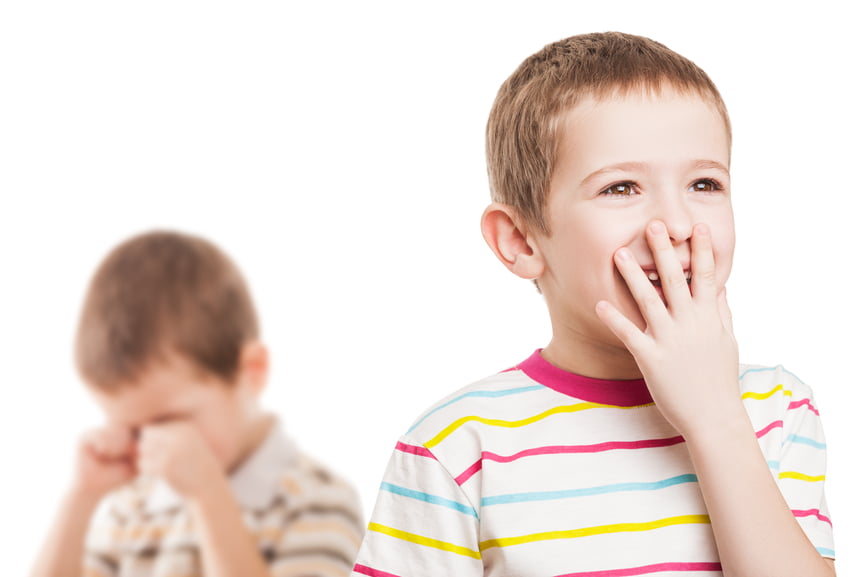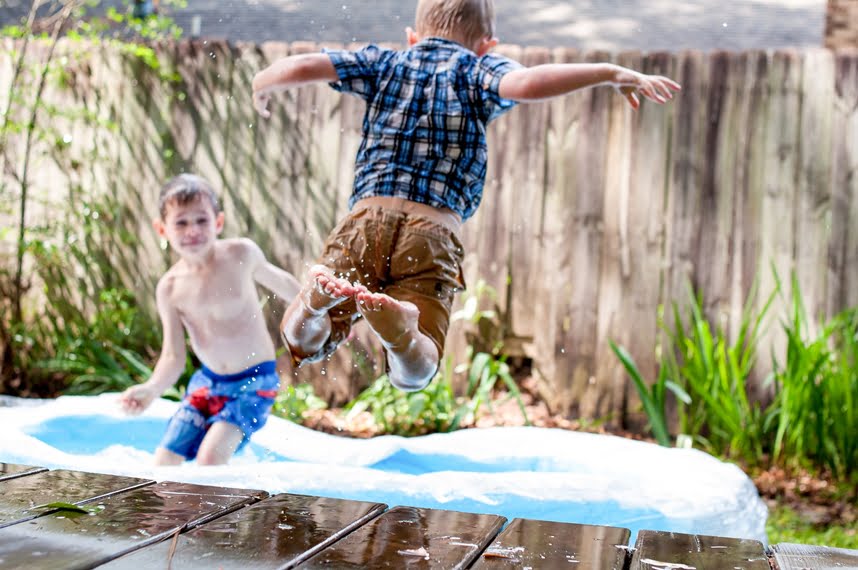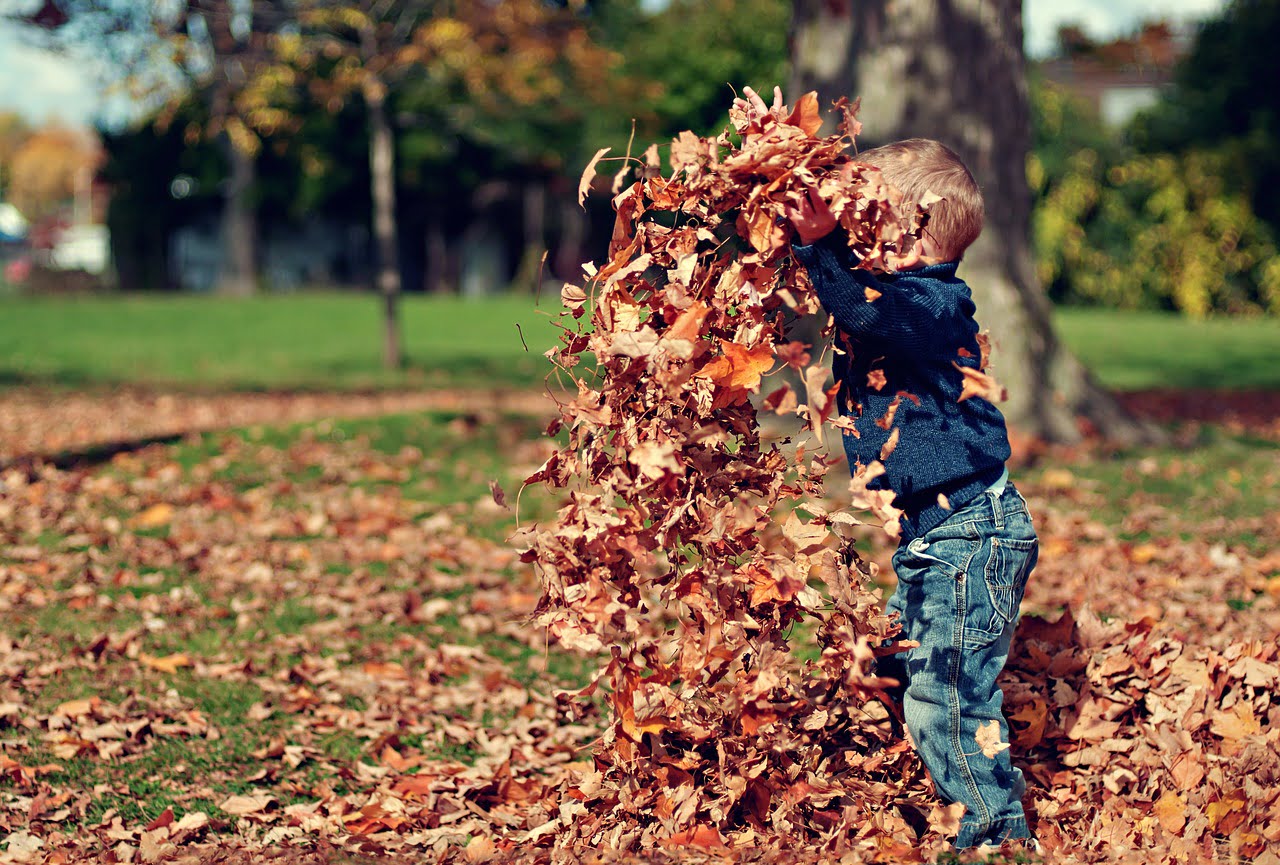Many parents are concerned that the rowdy behavior of one child could negatively affect the behavior of their sibling. But a new Israeli study has found that such behavior does not encourage similar behavior in their brothers and sisters. In fact, disruptive kids teach their siblings how NOT to behave.
SEE ALSO: Study: Hypersensitive Children May Develop OCD In Adulthood
The study, led by Dr. Ella Daniel of Israel’s Tel Aviv University, has found that siblings of young troublemakers, tend to show less disorderly behavior over time. The research, conducted in collaboration with the University of Toronto, examined disruptive behavior during early childhood and concluded that it produces greater disparity — rather than resemblance — among siblings.

Two little displeased child boy brothers in family conflict quarrel. Photo by Brandon Morgan/Unsplash
“Disruptive behavior starts early in life and behavioral patterns may become stable and resistant to influence later on,” Daniel said in a statement. “We found that in early childhood, children do not learn from each other how to be disruptive, violent or disobedient.”
In fact, they are “more likely to learn what not to do, or how not to behave,” she stresses. “The older siblings of young children who are disruptive tend to become less disruptive themselves over time, creating a polarizing effect on their behaviors.”
“Let each child develop his or her individuality”
Existing research on disruptive behavior is largely focused on adolescents. The new study harnessed data assessing the rate of disruptions as witnessed by both parents to track 916 toddlers and their preschool- and school-aged siblings in some 400 families in and around Toronto.
Sign up for our free weekly newsletter
SubscribeSEE ALSO: Kid Country: Israel Rated Third Best Country To Raise Children
The families had a child born between 2006 and 2008, and had at least one other child (younger than four years of age) at home. The researchers conducted observations and interviews all members of the family every 18 months.
The scientists collected information when the youngest child in the family was 18, 36 and 54 months old. On these three occasions, both parents reported the disruptive behaviors of each of their children.
Using statistical models, the researchers identified the role of siblings in the development of each child’s disruptive behavior over time, taking into account heredity, parenting, social environment and shared history.
“The study teaches us that we have little to worry about one sibling being ‘a bad influence’ on their brothers or sisters,” Daniel says. “Instead, we should be more worried of pigeon holing: that one child will be labeled as a ‘black sheep,’ and that all children in the family will develop based on pre-assigned roles. We should let each child develop his or her individuality, which naturally changes over time.”
Photos: Brandon Morgan
Related posts

Rehabilitation Nation: Israeli Innovation On Road To Healing

Israeli High-Tech Sector 'Still Good' Despite Year Of War






Facebook comments